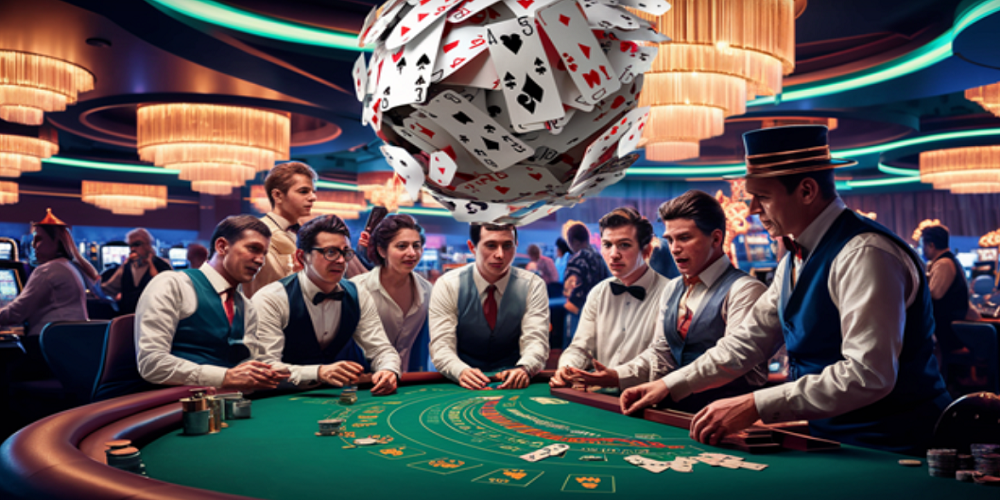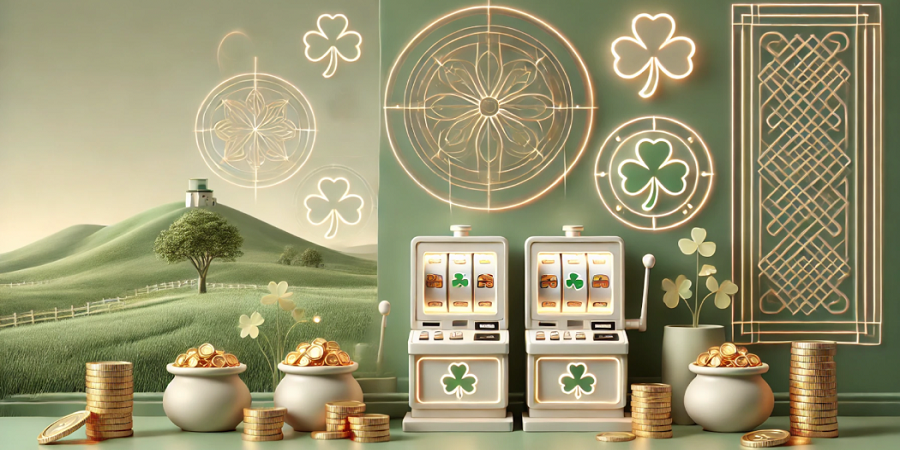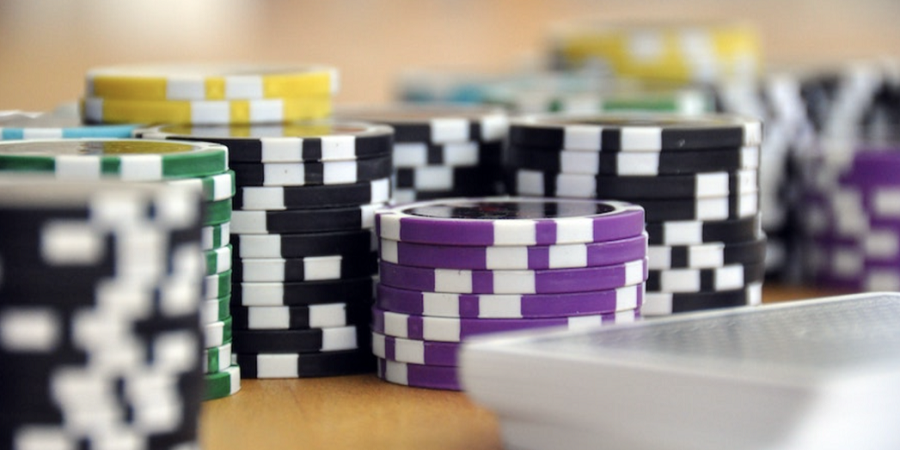Mathematics, win probability, and house edge are all important parts of the casino industry. They are used to determine payout values, return to player, and profitability of casinos. What’s more, players often use these probabilities to come up with strategies that help them improve their odds, or at least optimize their spending.
Math is often used in bonus programs or terms of use. If you look at an array of promos the best Irish online bookies have to offer you’ll find that they all have wagering requirements and other terms. These either limit how much you can win using bonus funds or how much you need to bet before you can turn bonus funds into withdrawable cash. Without these terms bonuses would just be free money, and you can’t operate like that.
So let’s take a look under HUD and unravel the math of casino games. This should give you a better perspective of your odds, and why they say the house always wins.
Fundamentals of Probability and Statistics
Let’s start with an easy example, roulette. There are 36 numbers on the wheel, and if you make a straight-up bet, or pick a single number where the ball will land your odds of guessing are 35 to 1. As a result, the reward for guessing the right number is 35 times your stake or bet amount.
The same logic applies to other roulette bets:
- Corner or square – You pick 4 numbers and the payout is 8:1
- Dozen: You bet on 1 of the 3 brackets (1-12, 13-24. 25-36) and payout is 2:1
- High/low, red/black, odd/pair – a seemingly 50/50 bet and payout is 1:1
If this was how the game was designed then it is completely fair, statistically speaking. Your reward is equal to the risk you are taking. But that’s not the case. There is also a number 0 and there is a 1 in 36 chance that the ball will land there. The payout structure isn’t designed to take that chance into account account. So, that’s why there is a house edge.
House Edge, RTP, and Variance
In the example of roulette, we’ve seen how casinos achieve the house edge. They use the same principle with other games and with sportsbook odds. There is a mathematical formula for each outcome that is used to determine the payouts. But if a certain outcome pays 50:1 the chance of it occurring will likely be 51:1, or 55:1, or something similar.
The house edge also determines the amount of money the casino can keep as revenue. Again in the case of roulette, the house edge (for the European version) is 2.70%. So, if the total revenue of roulette for a single day is $1000 then the casino is entitled to 2.70% of that money or $27. The rest of the funds remain there to be used for player payouts.
It also means that RTP or Return to Player in roulette should be 97,30%. That’s what statistics say at least, but casinos often display the actual RTP which is updated in real time as people spend and win money. So you might find instances where roulette RTP is either higher or lower. Again, this only goes for European roulette, in the American version the house edge is over 5% as it has 2 fields with the number 0.
Now the reason why this is important is because of the variance in casino games. In roulette, the variance is very low, especially for bets that pay 1:1, but in games like slots the variance can get very high. Many players can easily spend hundreds of dollars without ever getting a big win on slots.
However, the variance or volatility of these games doesn’t affect their RTP or house edge. So, casinos are always allowed to keep the same percentage of funds and leave the rest as prize pools for players who eventually win big.
Detailed Analysis of Casino Games

Source: Ideogram
We’ve mainly focused on roulette examples, but there are many other games at the casino. So, here’s the overview of their payout stature and odds.
- Slots – Payouts are determined based on the chance of certain combinations occurring on a payline. Bettors decide how much they want to bet and how many paylines are active per spin. So, if the jackpot is 250,000x your bet per paylne the odds of getting it are lower than 250,000:1.
- Blackjack – In a classic game, you play against the dealer, so both parties have an almost equal chance of winning. The payouts are 1:1 and higher 2:1 or 3:2 if you hit blackjack. Because the player goes first and can bust because the dealer gets his turn, the house has a slight edge of around 2%.
- Poker – In video and live dealer poker player gets paid based on the value of his hand. The probability of a card combination to occur is what determines the payout. Variant of the poker game also dictates how many cards a player is dealt and that also affects the odds and payouts. For example in 7 card game 3 of a kind pays 1:1, while you can get the same payout for simply getting a pair in another version where a player gets 5 cards.
Advanced Strategies and Mathematical Models
Apart from slots that have very high variance, you can use math to come up with strategies or bankroll management principles for any casino games. Most strategies revolve around bets that pay 1:1. Paroli system, and martingale system are the most common examples.
With Paroli you double your bet every time you win and chase a 3-round win streak before you reset your budget. Your losses are kept to a minimum and winning 3 times in a row feels very satisfying, but this system lacks recovery.
Martingale on the other hand has you doubling your bet every time you lose. So, when you eventually win you recover all of your losses and get a bonus profit equal to your starting bet amount. This is a great recovery strategy but, winning doesn’t feel as good as with Paroli.
In games like Blackjack, there is an established spreadsheet that dictates who you should play depending on your hand. And if you know how to count cards you can even improve your odds. The idea here is to get into a situation where high-value cards make up the majority of the shoe. So, the chance of hitting a blackjack is higher in those cases and you might want to ramp up the betting amount. Even when you lose hitting blackjack recovers those losses.
Psychological Impact of Understanding Odds
Understanding the odds and how games work helps you set up realistic expectations. This is important if you want to be disciplined with your spending. It can deter you from obsessively chasing jackpots, especially when you know that the number of spins you have doesn’t improve your odds.
That said if you are only placing 50/50 bets and you lose several times in a row it can be frustrating. Statistically, you should not be losing that often so players might get paranoid and think that casinos are framing them.
Conclusion
That about covers it. Now you know the principles of calculating payouts, and house edge for the casino games, as well as how casinos make revenue. Since most of the games in online casinos are digital they need to be tested and certified for fairness, by third-party software companies. If the simulation displays the targeted RTP then the game is considered provably fair.









